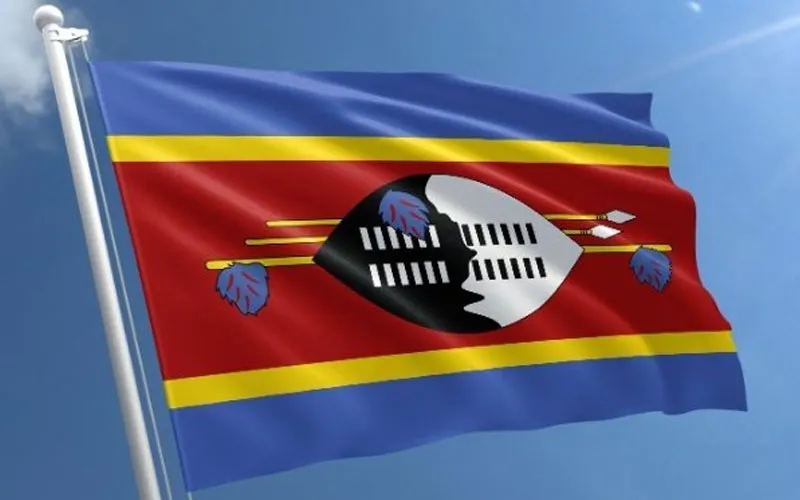In a Tuesday, July 6 statement, the spokesperson for the UN High Commissioner for Human Rights, Elizabeth Throssell confirmed the use of force in the ongoing protests.
“We have received allegations of disproportionate and unnecessary use of force, harassment and intimidation by security forces in suppressing last week's protests, including the use of live ammunition by police,” Ms. Throssell says in the statement.
She adds, “Some protesters were reported to have looted premises, and set buildings and vehicles on fire, and in some areas they barricaded roads.”
“Although the situation is now reported to be calmer, we remain concerned at the potential for further unrest,” the UN official says.
She has urged authorities in Eswatini to fully adhere to human rights principles in restoring calm and the rule of law, in particular the obligation to minimize any use of force in the policing of protests.
(Story continues below)
The UN has also called on the government of the Southern African country to ensure that there are prompt, transparent, effective, independent and impartial investigations into all allegations of human rights violations in the ongoing violence.
Those to be investigated are responsible law enforcement personnel in the context of the demonstrations who the UN says should be held to account.
The UN has also reminded the authorities of Eswatini that peaceful protests are protected under international human rights law, including under Article 21 of the International Covenant on Civil and Political Rights, “to which the Kingdom of Eswatini is a State Party.”
Ms. Throssell expresses the UN’s concern following the interruption of internet services in the country saying, “We are concerned at reports that internet services were disrupted last week and urge the authorities to take all steps to ensure that internet access is not blocked.”
“We urge the Government of the Kingdom of Eswatini to open up a longer-term dialogue to air and address the underlying public concerns that have given rise to these recent protests,” the UN official says.
Agnes Aineah is a Kenyan journalist with a background in digital and newspaper reporting. She holds a Master of Arts in Digital Journalism from the Aga Khan University, Graduate School of Media and Communications and a Bachelor's Degree in Linguistics, Media and Communications from Kenya's Moi University. Agnes currently serves as a journalist for ACI Africa.








